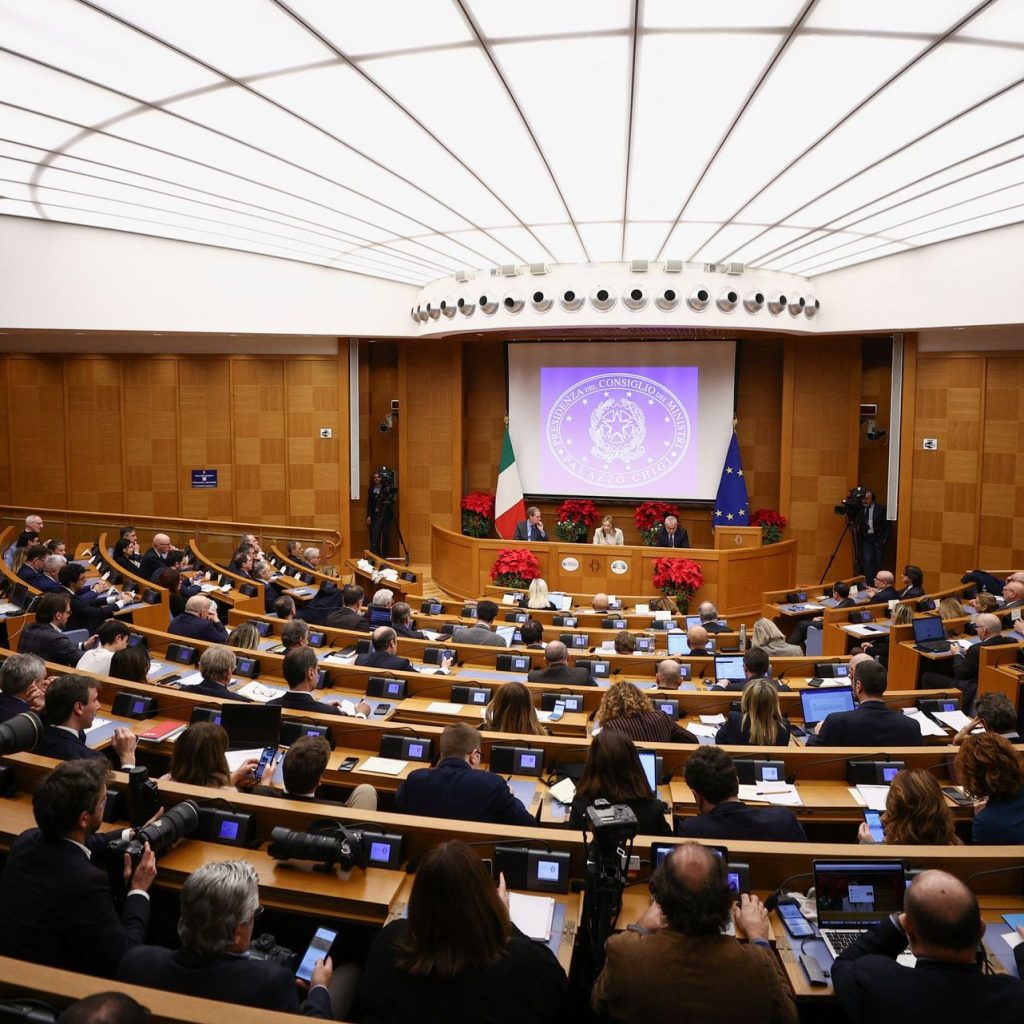In a groundbreaking move, 10 state schools in Queensland are set to embark on a trial that will integrate artificial intelligence (AI) as a teaching tool. The initiative aims to harness AI’s power to enhance students’ learning experience and streamline teaching processes for educators. Queensland’s Education Minister, Grace Grace, announced the implementation of an adaptive learning platform called Cerego, which utilizes generative AI and machine learning to deliver personalized, quiz-based educational programs.
Transforming education with AI
The adoption of AI in Queensland schools is poised to reshape the state’s education landscape. Cerego’s AI-powered platform offers an innovative approach to teaching and learning by tailoring educational content to the individual needs of each student. This technology will influence how students acquire knowledge and redefine how teachers design and deliver their lessons.
Minister Grace Grace aptly compared the introduction of AI in education to past technological advancements like calculators and the internet. She emphasized the significant benefits AI can bring to both educators and students.
“For teachers, AI is about saving time, reducing workload, and ensuring the technology is intuitive and easy to use,” Minister Grace remarked. “For students, it provides a tailored, interactive learning experience that quickly adapts to their needs.”
Addressing AI concerns
While the promise of AI in education is immense, concerns have been raised about the accuracy and ethical implications of AI programs, particularly open-sourced ones. In response to these concerns, Minister Grace Grace emphasized that the AI utilized in Queensland’s state schools is not open-sourced. It draws its data exclusively from a digitized version of the comprehensive curriculum used in Queensland state schools.
Moreover, the government is actively incorporating safeguards into the AI system to protect students’ and teachers’ privacy and data. Minister Grace Grace underlined the importance of striking a balance between harnessing AI’s potential and ensuring that ethical standards are upheld.
“While we need the right support, we need the right safeguards too: we can’t have a situation where private data is sold off, where academic integrity is compromised, or where AI is used to bully students or target teachers,” she stated firmly.
The scope of the trial
The upcoming trial will encompass students from years five to 12 and cover a range of subjects, including English, physics, science, health, humanities, and accounting. This wide array of subjects demonstrates the versatility of AI in education and its potential to cater to diverse learning needs across the curriculum.
The decision to launch this trial comes from a recent meeting of education ministers, discussing the framework for integrating AI into schools. The trial aims to gather valuable insights and data to inform future decisions about using AI in education throughout Queensland.
The future of education in Queensland
Integrating AI into Queensland’s state schools represents a significant step toward a more technologically advanced and personalized education system. As the trial unfolds and educators and students become more accustomed to AI-driven learning, it is expected that teaching methods will evolve to better meet individual learners’ needs.
AI is poised to revolutionize education by providing adaptive learning experiences that identify each student’s strengths and weaknesses. This tailored approach to education can unlock the full potential of every student, bridging gaps and promoting excellence in a way that traditional teaching methods may struggle to achieve.
Queensland’s initiative to trial AI in education is a bold, forward-thinking move that aligns with the ever-evolving technological landscape. As AI becomes increasingly integrated into our daily lives, it is only natural to find its place in the classroom. The promise of personalized learning experiences and streamlined teaching processes is a tantalizing glimpse into the future of education.





